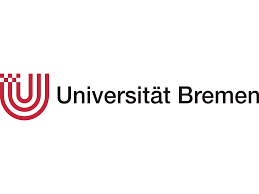University of Bremen: Exploring Society Together” under the direction of the Center for Work and Politics
In cooperation with local social and educational institutions, the “GINGER – Exploring Society Together” project wants to get to the bottom of the question of what role, for example, crises play in our dealings with one another, whether we feel more connected or whether the feeling of inequality dominates.
The social science citizen science project GINGER is one of 15 nationwide projects funded by the Federal Ministry of Education and Research for four years until the end of 2024.
Research at eye level
In the project, citizens and scientists research questions on the current topic of “social cohesion” together with scientists.
It is a matter of including the perspective of the citizens when it comes to the scientific discussion of the topic of “social cohesion”. You will learn how to collect data yourself and how to interpret and evaluate it in dialogue with the scientists. “Both sides benefit from this,” explains the project manager, Dr. Julia Gantenberg takes the citizen science approach. “The research is expanded to include the perspective of the citizens, the citizens expand their competencies in the field of research.”
GINGER is the responsibility of the Center for Labor and Politics (zap) at the University of Bremen and is carried out in cooperation with local social and educational institutions. There is a scientific connection to the nationwide Research Institute for Social Cohesion ( FGZ ).
About the zap
The Center for Work and Politics ( zap ) stands for science with social responsibility. Democratization, co-determination, change in the world of work and migration are his central areas of work. In close cooperation with the Bremen Chamber of Employees, zap has an impact on society and addresses the current challenges of living together. The aim is to open up the university through practical research, knowledge transfer related to everyday life and (further) training and coaching offers that strengthen democracy. In addition to research and teaching, the close connection between science and society has been part of zap’s practice since it was founded in 1971 .

